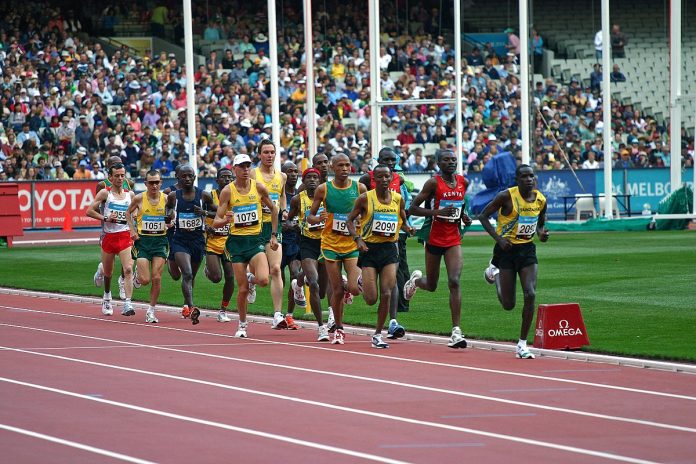Clive Walder, Birmingham South Socialist Party
The Commonwealth Games opens in Birmingham on 28 July. Not surprisingly, thousands of local people are excited at the prospect of seeing some of the planet’s most talented sportspeople in action. With adult tickets starting from £15, ordinary people will be able to see some live events.
The council has wanted Birmingham to stage a major tournament for decades, and is hoping that this will kickstart an increase in sporting participation of local people. The council’s past record of carrying out Tory cuts will undermine this ambition.
£200m cuts
Coincidentally, the cost of the Games is almost identical to the amount of cuts in services Birmingham City Council has made since 2010. The council will need to fight for more resources from the Tories if it wants to increase spending after the Games have left town.
The council has spent £222 million on the Games, including £25 million to make up for a shortfall in funding from external partners. This alone shows the shortcomings of a market-based business model to finance major sporting events.
The council has used £35.7 million of reserves to balance the Games’ finances. The council has always told anti-cuts campaigners that it is illegal to spend reserves to defend services, but apparently it is legal to use them to shore up the finances of a vanity project!
Socialist Party and other anti-cuts campaigners will demand that the council spends reserves to protect services on a regular basis, while fighting the government for the return of money stolen from the city by the Tory government.
All major international sporting events promise to leave a positive legacy. But instead of years of cuts, that money could have sustained grassroots sporting activity and provided a lasting solution to the social problems the Games aims to tackle. Only a massive increase in council spending can achieve this.
The charity established by the Games’ organisers aims to provide money to finance swimming lessons for school pupils that were cut during the pandemic, and to create accessible playgrounds for disabled children.
Unfortunately, this sets a dangerous precedent. Charities are an unreliable source of permanent income for core services.
The Games’ organisers want the facilities to be well used by the community afterwards. This will only happen if they are publicly owned, with a free or minimal admission charge, and the community is involved in their management.
There is no evidence of a long-term legacy for the host cities of similar events, and there is no reason to assume that these Games will provide one. They temporarily boost the status of local politicians, but better economic and social outcomes generally flow from improvements in core public services and investment in people.
The Games have been a catalyst for investment in a deprived area of Birmingham, and the community will see improved public transport and housing. Unfortunately, only 312 of the 968 homes in the athletes’ village are designated as ‘affordable’. The Socialist Party demands that all housing built on this site should be either genuinely affordable, as decided democratically by a body of housing workers, councillors and trade unionists.
Real problems
The council’s superficial approach to solving people’s’ problems is typified by some of the trite road names in the redevelopment area: Diversity Grove, Equality Road and Destiny Road. The people who live near the main stadium have real problems, which have been made worse by the council’s refusal to fight Tory cuts.
Local people will enjoy visiting the Games. But they will also be aware that afterwards their problems will remain until fighting councillors and MPs are elected, who will campaign for the return of Birmingham’s stolen millions to enable local services to be rebuilt and to give people a future.








